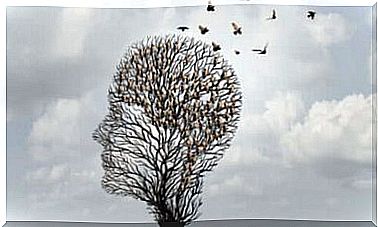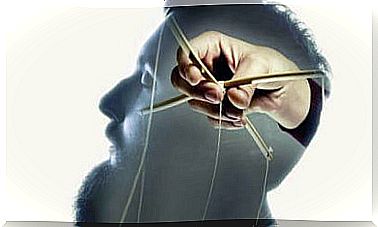Donald Winnicott, Between Psychoanalysis And Pediatrics
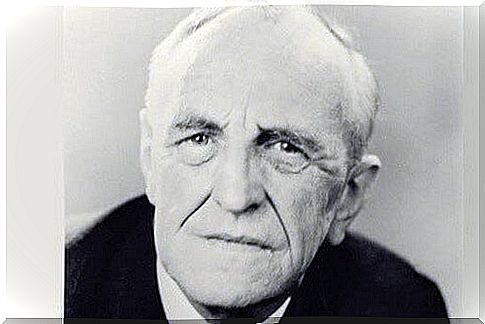
Donald Winnicott was said to possess exceptional clinical genius. British pediatrician, psychoanalyst and psychiatrist, he has helped thousands of parents to better understand the emotional universe of children. He studied the transition mechanisms that favor the process of self-identification and established the foundations of the mother-child bond.
Donald Winnicott’s theoretical and practical legacy has changed the fate of paediatrics and psychoanalysis. She was able to insert herself with an independent voice between the Freudian and the Kleinian current (from Melanie Klein, creator of the theory of psychic functioning).
During the 1940s, Winnicott collaborated on his research with the British Medical Journal; the intent was to maintain a free position in the field of child psychiatry and thus contribute to its progress. Avoiding, as far as possible, concentrating on a single theoretical school, he brought innovative ideas about the psyche of the infant and the child.
His books are still reprinted periodically today. Readers, especially parents, continue to read with interest such essays as Game and Reality, Children and Their Mothers, The Deprived Child.
Donald Woods Winnicott
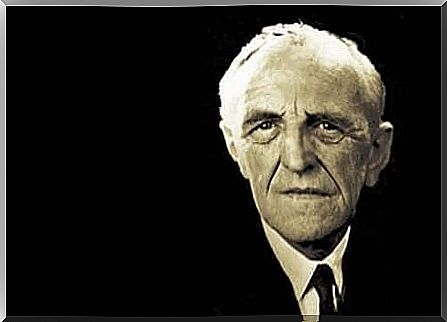
Donald Woods Winnicott was born in Plymouth in 1896. He belonged to an upper-class Methodist family, engaged in politics and tied to old British traditions.
Father Frederick, a merchant and mayor of Plymouth, was often absent. Winnicott was raised by a loving, communicative and empathetic mother, two older sisters and a nanny. This allowed him to grow up in a safe environment, where he could express fears and concerns without fear, always feeling protected. A context that will certainly condition his future studies.
He studied science at the Lays School and later medicine at Jesus College in Cambridge. With the outbreak of World War I, however, the young Winnicott had to interrupt his studies to serve in the Navy.
The collaboration with Melanie Klein
After the war interlude, Donald Woods Winnicott managed to complete his studies, specializing in pediatrics in 1920. He therefore chose to refine his training alongside Melanie Klein; the famous Austrian psychoanalyst, starting from Sigmund Freud’s theories on the unconscious, had developed a personal clinical practice with children. Over time, however, several discrepancies arose between the two.
- Klein believed it was not useful to involve parents in the therapeutic process. For Winnicott, however, it was essential. In fact, he considered the parent a key figure for understanding childhood pathological processes.
- Winnicott was influenced by multiple psychoanalytic currents . He was also drawn to Darwin’s theories of survival in a hostile environment and came to the conclusion that children need a favorable environment to survive. A situation of this type could only be guaranteed by the mother figure.
The divergences between the two were certainly very marked, despite this Winnicott made his own several theories of Melanie Klein, such as the concept of the internal world, the power of fantasy, play as a tool to see in children the primitive defenses, fears and states as reactive depression.
Donald Woods Winnicott offered a more coherent and solid foundation for psychoanalysis
His first book Clinical Notes on the Disorders of Childhood dates from 1931 , followed by Manic Defense and The Family and the Development of the Individual. With these contributions, Winnicott provided a more coherent and solid, but at the same time innovative, basis for psychoanalysis.
- His work represents an indisputable theoretical and practical evolution of child psychology and psychiatry.
- Winnicott shows a genuine concern for the world of childhood, so much so that during the Second World War he organized shelters and foster homes for children.
- He offered psychological help to the families, helping them to overcome the trauma of the war. He was always a character dedicated to work and its ideals.
His efforts were rewarded with official and academic awards, including the presidency of the British Psychoanalytical Society. Winnicott was an exceptional bridge between paediatrics and psychoanalysis throughout his life; died at the age of 74 in London on 25 January 1971.
Main contributions by Donald Woods Winnicott
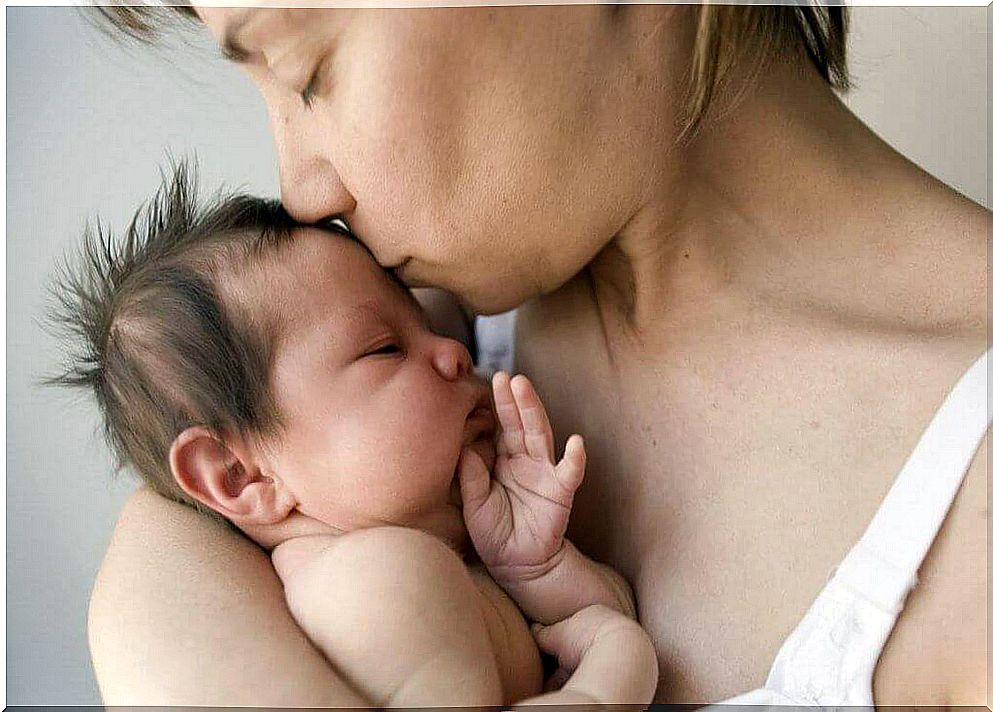
Winnicott’s work has focused almost exclusively on the bond between mother and child. The mother figure was for him an essential psychological support for the development of an authentic, healthy and happy self. These are the main points of his thought:
1. The child does not exist without the mother
The maternal presence, an absolute, safe and loving closeness, is what shapes the psychic entity of the child. Without it, therefore, the child does not exist: he needs this physical and emotional envelope to grow, in all senses.
2. Transitional phenomena
Transitional processes represent the passage from one phase to another. Doing it safely with parental help guarantees success. Examples of transitions are the transition from breast sucking to solid feeding, from barking to speech, from crawling to standing.
3. Play, a vital need
Through play, the child comes into contact with his own sense of existence and with his own identity. It is a space in which the child imagines, experiments, learns, invents, shares. Everything that happens within this mental universe favors its evolution.
4. Being a parent is joy and the mother must have confidence in herself
Winnicott focused his attention above all on the positive, joyful aspects of upbringing and parenting. He always maintained the belief that it was necessary to trust the maternal instinct. In fact, a mother always knows what is best for her child.
5. The danger of the “false self”
The danger of the false ego arises when the child does not feel cared for, loved and understood. It is at this point that he chooses to be “other”. He will then be a human being full of needs, constantly seeking the attention of others. He will be a child inhabited by voids, deprived of the means to individualize himself, to develop his personality in a healthy way.
Ultimately, Winnicott’s contribution to the evolution of psychoanalysis was innovation. He highlighted the parents (especially the mother) as key figures of the human being’s earliest relationships.



